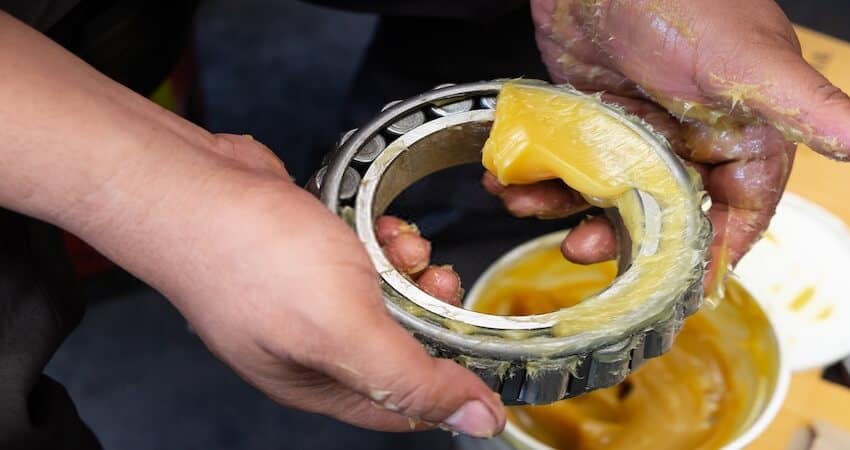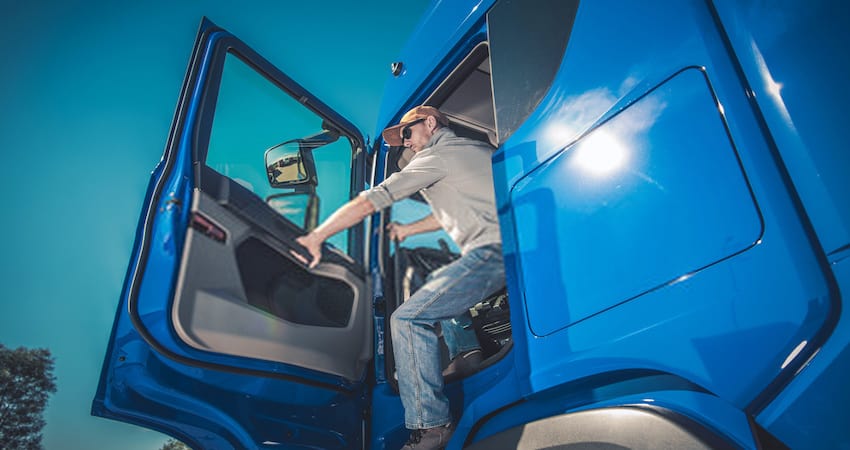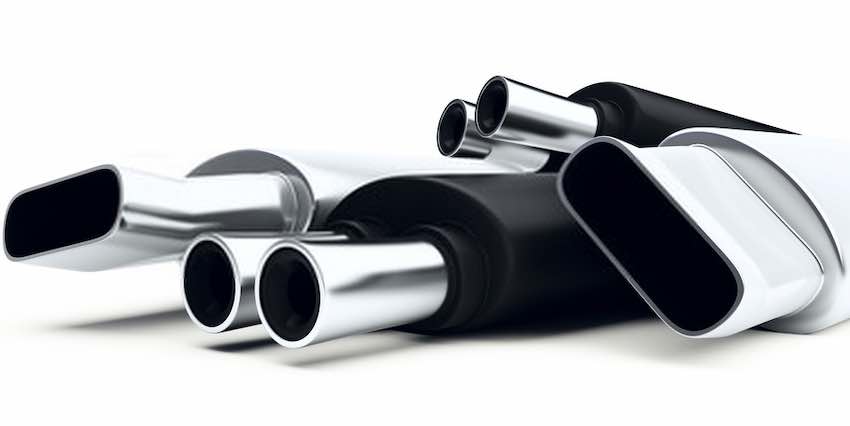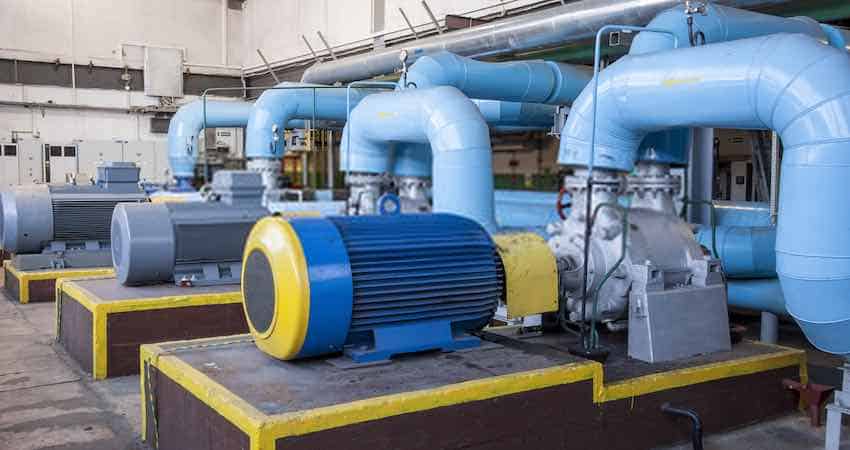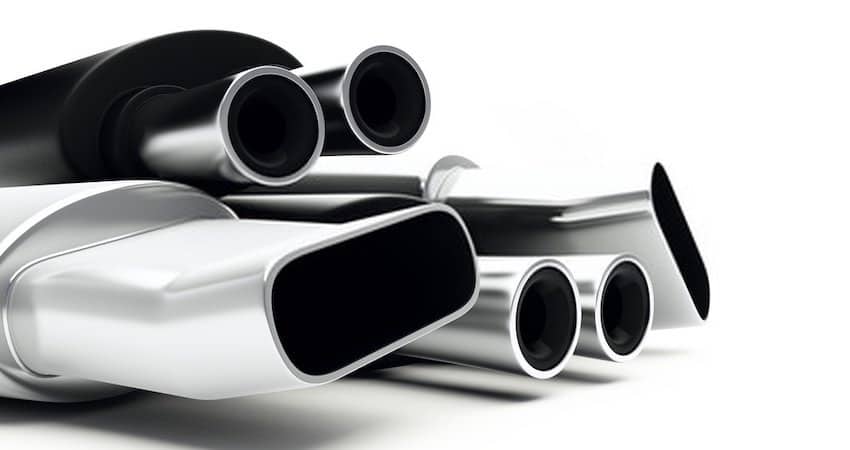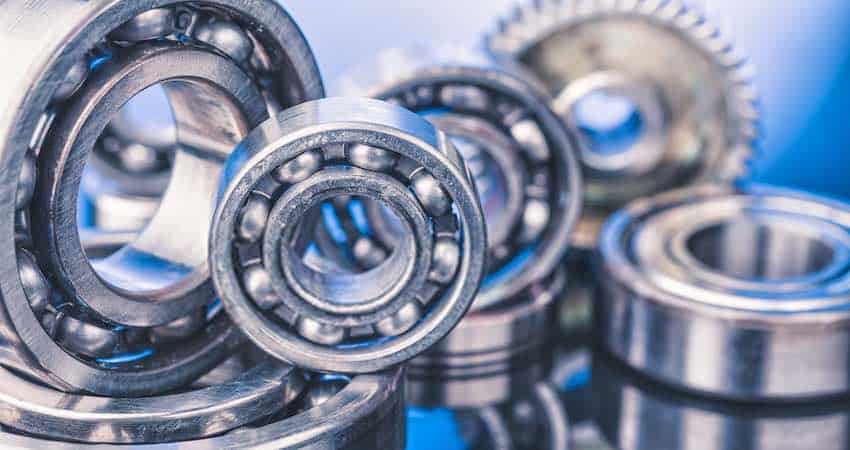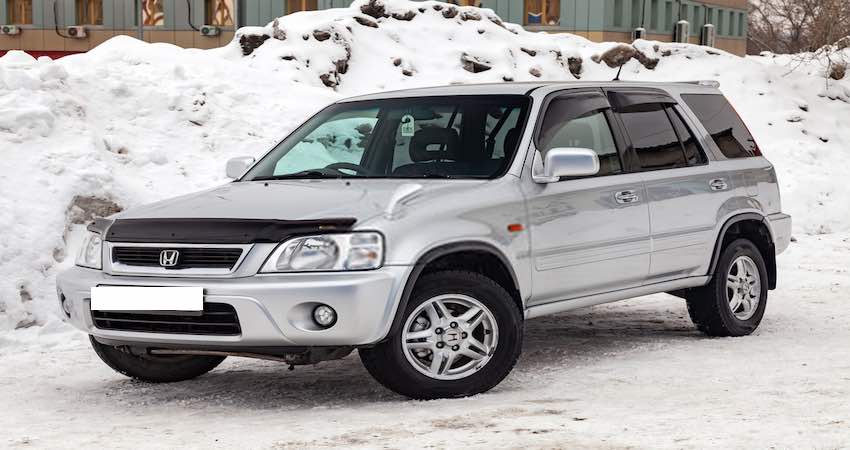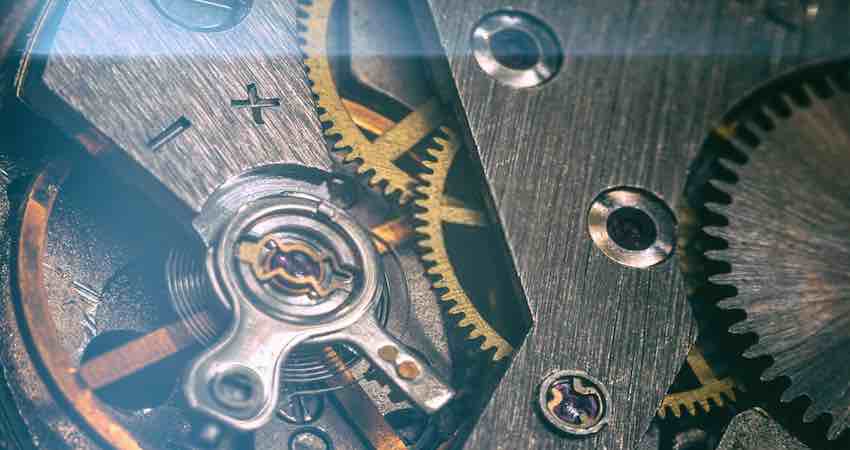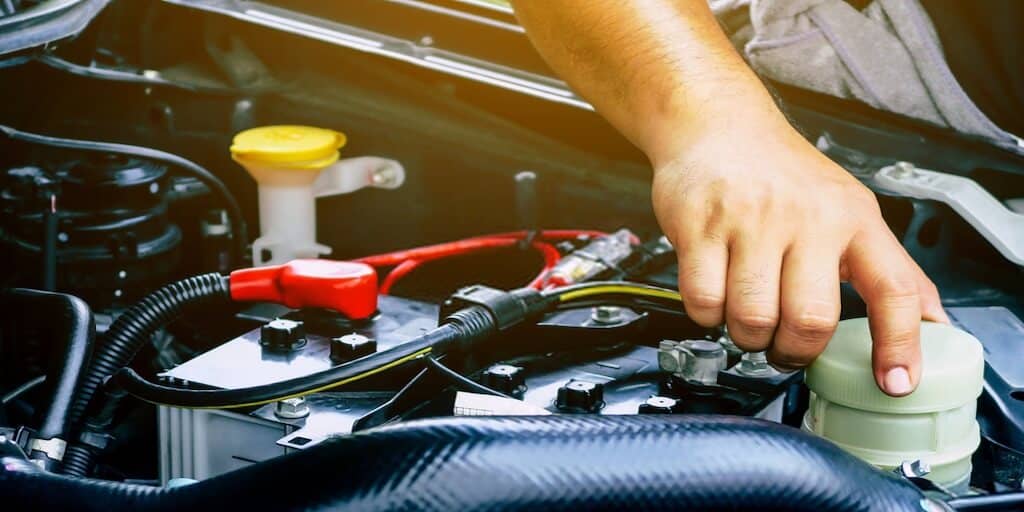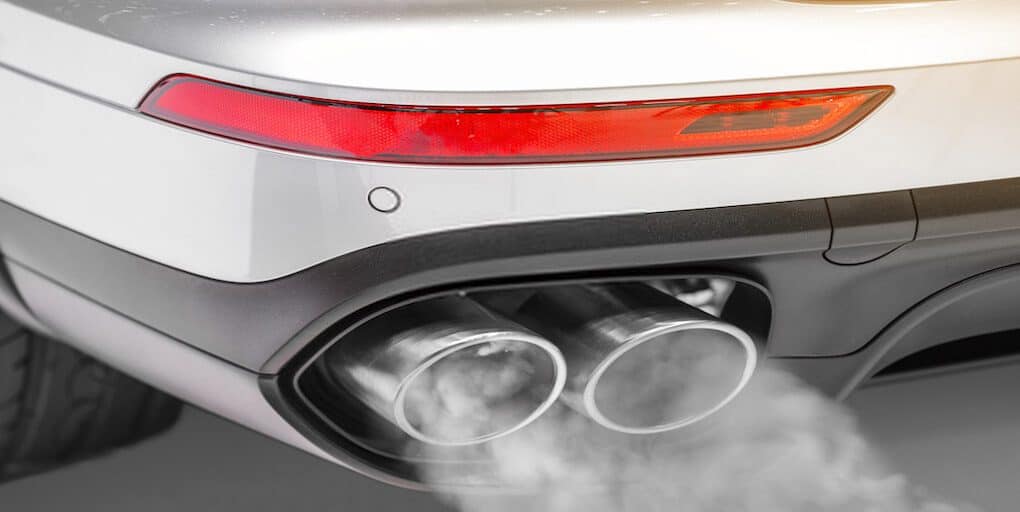As an Amazon Associate, we earn from qualifying purchases at no extra cost to you.
“You need to check your wheel bearing.” That could be what your mechanic told you when you consulted about funny noises and vibrations you are getting out of the car.
Maybe you know a wheel bearing, but you aren’t sure where its something to worry about. Or you honestly have no idea what a wheel bearing is.
Don’t worry; no one is born knowing this thing. We all learn, and today is your day.
In this article, we will discuss everything you need to know about a bad wheel bearing.
What Is a Wheel Bearing?
A wheel bearing is steel balls set and held together by a race – a metal ring. Their purpose is to help a wheel to spin fast by reducing the wheel friction as much as possible.
Wheel bearings are used on all kinds of moving machines with wheels. These include wheels for cars, bicycles, aircraft, tracks, and hand-driven carts.
On the car or vehicle, a wheel bearing moves on a metal axle shaft. The shaft is fitted tightly in the hub, with is hollow metal material at the center of the wheel.
The wheel hub, in turn, holds the lug bolts holding the tire on the wheel.
For a car, the wheel bearing is inserted into the hub from the backside.
In short, the Wheel bearing is a set of metallic balls inserted inside the wheel to make it move faster and smoother.
What the Causes of Wheel Bearing Noise and What it Sounds Like?
Wheel bearing damage is the main cause of the wheel bearing noise. If you hear any noise, you need to inspect the bearing, identify the nature of the sound and fix the problem that is causing damages on your wheel bearing.
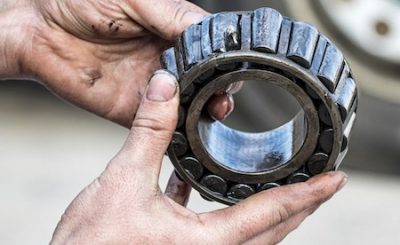
The following are the distinguishing sounds that you will hear from your damaged wheel bearing.
Growling and Squealing Noises
The most common noises of damaged wheel bearing are the growling, squealing, and cyclic chirping.
You can tell the noise is coming from your wheel bearing when its intensity changes with vehicle speed. The sound can disappear momentarily or get worse in every turn.
Humming Noises
A humming noise can be difficult to identify. Most parts of your car are likely to produce a humming noise.
The engine, car tires, and other moving parts would make humming noises.
Humming noises from the engine should be soundproofed. This will let you hear the humming noises from your wheel bearing.
Here is a guide on how to soundproof your car: Car Soundproofing: How to Reduce Road Noise in Car [5 Pro Tips]
If your car is well soundproofed, you can easily identify the noise and determine whether it’s coming from your car bearings.
Howling Noise
This is noise on the car wheel bearing that happens specifically due to deceleration. It’s a good sign that your bearing is becoming loose.
However, if you hear the howling when the car changes to a different speed, it’s a sign that your car gears are noise.
But if the howling is constant, the wheel bearing is to blame for it — the howling sound changes to rumbling noise when your car is turning.
Why Do Wheel Bearings Make Noise?
Wheel bearings are constantly moving. As they move, there are chances that you will hear different noises coming from the bearings.
Some of the noises you will hear from your car bearing are normal, and its nothing much to worry about. However, other noises you are likely to hear from the car bearings could be a sign of a serious problem that needs to be fixed.
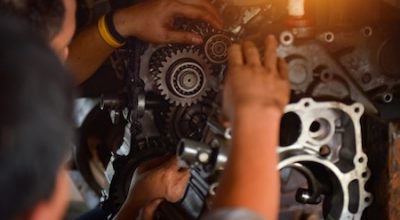
The following are the major causes of wheel bearing noises.
Improper Installation
If you have new bearings, it’s strange to hear them making noise. However, this is something that occurs more often when the wheel bearings are not properly installed.
When you hear your bearings making noises shortly after installation, it means that they are already damaged. The damage is a result of poor installation or against the manufacturer’s recommendation.
Unbalanced Tires or Damaged Shocks
Unbalanced tires and damaged shocks cause the same kind of noises to your car wheels.
Your car wheel system depends on the tire, wheel bearing, lower arm, knuckle arm, lower joint, and shocks.
When your tires are not balances, the car exerts more pressure on the lower side of your car. In turn, this strains the wheel bearings of that side and consequently make more noise than expected.
The same thing happens when the shocks are damaged are not set well.
Driving Through Deep Water
A wheel bearing is designed in a way that allows pressure to leave the wheel system. They also come with a petroleum lubricant.
Unfortunately, the design of the wheel bearing doesn’t prevent water from entering through the wheel bearing.
This means when driving on wet roads or indeed water, your bearings get moist. Once the moisture mixes with your lubricant, they become ineffective. As a result, the bearing stops enduring excess friction coming from the moving parts.
Once the pressure and friction on the bearing are too high, it starts making noises.
Unfortunately, this kind of wheel bearing damage can’t be repaired. All you can do is replace it with a new bearing.
Driving on Rough Roads
The wheel bearing takes all the pressure from your vehicle weight. If you are driving on a pothole or bumpy curb, your wheel bearing gets damaged easily.
This is because when you hit something, the impact is felt by the wheel bearings. Little damages will start developing on the wheel bearings. With time the damages grow while your bearing starts making more noises.
Accident on or Around the Wheel Area
The bearings are connected to the wheel system and all other parts we mentioned previously. Proper functioning of the wheel bearing is depended on the functioning of all these other parts.
If there is an accident that damages the tire, shocks, rims, or any other part, it consequently damages the bearing. Sometimes, you may need to consult an expert, and it assures you which part is required to get changed. Visit Carfictions.com as they write uncomplicated solution between the car damages and fixings.
And when the bearings are damaged, you will hear noises coming from your wheel.
How to fix Wheel Bearing noise
To fix a wheel bearing noise, you first need to understand the nature of the noise and its causes. These two things will help you determine the kind of wheel bearing fixing that your car needs.
How do You Know if You Have a Bad Wheel Bearing?
The most common and noticeable symptom of a bad wheel is noise. If you start hearing noises from your wheel bearing, chances are a bad wheel bearing.
Some of the common noises you will hear from the bearing wheel are grinding and granting sounds. You will hear the noise from the tire or wheel.
You will know the wheel bearing is the problem if the noise gets louder when the vehicle accelerates.
Luckily, it’s easy to know and determine when your wheel bearing is bad. You can follow the following simple method to inspect and know if your bearing is going bad.
Listen to Your Wheel While Driving
Listen if you will hear any of the sounds we discussed above. First, listen to any popping and snapping sounds when you turn. These are initial signs you will first hear from your wheel bearing.
When you make severe turns, you are likely to hear louder popping and snapping noises. If you hear any of these sounds, then your axle is bad. It will soon affect the wheel bearing.
Listen to the side on which the rattling sound is heard. This will give you a better idea of which bearing is going bad.
Listen for other sounds like roaring, dragging, or grinding while you drive. These noises are common when the wheel bearings are worn out. The longer you drive, the louder these noises will become.
Once you hear these noises, drive slowly at 40 mph to determine which wheel is making a grinding noise.
For all the sounds, you will hear from your wheel, listen if they change with the change of the speed – as you accelerate, the bearing noises increases and decrease when you decelerate.
If there these changes, chances are there is a problem with your wheel bearing.
Feel Your Steering if It’s Vibrating
When your car wheel bearings break down, they cause the car to feel “loose.” As a result, it starts wobbling or vibrating on the steering wheel. It also results in poor handling.
Therefore, be alert when driving. If you hear your steering Wobbling or vibrating, then this is a sign that you need to replace your bad bearings.
Pay Attention to the Movement of Your Wheels
When your wheel bearings are damaged, they affect your wheels. As you drive at high speed, your wheel will wobble from one side to the other. It’s a clear sign that your bearings are going bad.
Wheel wobbling is a sign of major bearing damage. They can easily cause an accident when driving.
So, when you notice this sign, stop your car immediately and get the wheels replaced immediately. Don’t take chances with your life and other people in your car.
Check if Your ABS Light Comes On
Most cars have an anti-lock brake system. It often indicates on your dashboard when necessary, or there is a problem with your car.
When the light comes on, there is a high possibility that the wheel bearings are bad.
Look if there are additional symptoms of a bad bearing wheel. Listen for the sounds, or check the other diagnostic techniques we have discussed above.
Checking other systems will help you determine whether the lights are on due to a defective brake or suspension system.
Observe if Your Car Drifts to One Side
If your car is drifting to one side more often when driving, your bearings could be damaged. To be sure if the car bearings are the problem, drive down on a straight road at a moderate speed. Observe if the wheels are turning to one side without controlling it.
If you observe these signs, then it could be two issues to blame;
- A bad wheel bearing
- Or wheel alignment problems
Check and Evaluate the Bearing Damage
Once you identify the signs and symptoms of a damaged car bearing, you need to ascertain if the wheel bearings are the problem. Follow the steps below to inspect and determine the level of damage on your bearing.
Use A Jack to Lift Your Car: Read your manual to determine where the jack should be placed on your car. Jack up your car and lift the wheel above the ground. Be careful – take necessary precautions to ensure the car doesn’t fall and injure you.
Wiggle the Wheel to Check Any Movement: Pull and push the wheel forth and back. If the wheel can be moved easily, then there is a serious wheel bearing problem. Replace the bearings immediately.
Spin the Wheel: Try and spin the wheel as fast as you can. If the wheel bearing is damaged, you are likely to hear rattling noises and wobbling. These signs should be replaced immediately.
Take Your Car to a Professional
Sometimes it would be difficult for you to identify all these symptoms. This is especially if you don’t have a car repair experience, or you are not a DIY enthusiast.
In this case, we recommend you take your car to a professional whenever you suspect any problem with it. Get a certified mechanic who will get the work done for you.
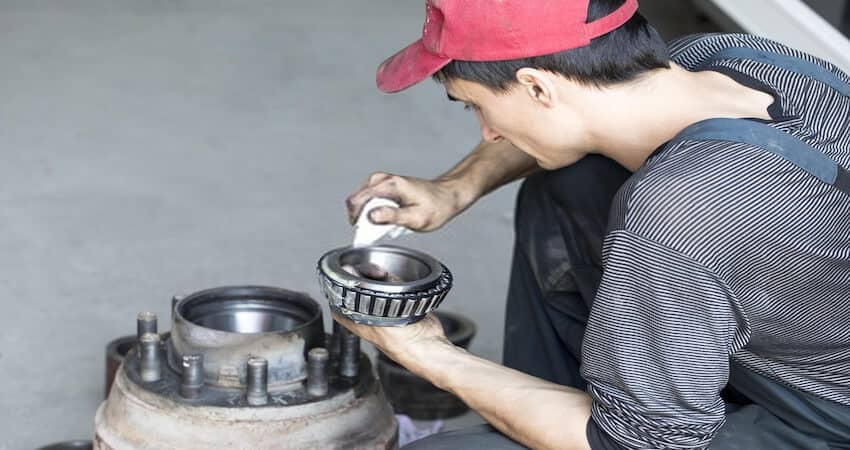
How Much Does It Cost to Replace A Wheel Bearing?
On average, you will pay $400 for a wheel bearing replacement. However, this price will highly depend on the model of your car and the rim type you need to replace.
Once you have bought the bearing, you will also need an additional $150-$200 for labor. The cost of labor will be determined by the mechanic you choose to replace your wheel bearing.
A bad wheel bearing needs to be replaced immediately after you start hearing noises coming from it. Once you find out your bearing is bad, it’s risky and dangerous to continue driving.
The cost of replacing a wheel bearing is depended on the cost of the spare parts for your car and different installation fees that your mechanic will charge you.
Parting Shot
Wheel bearings do not go bad immediately. They take a gradual and slow process before they become defective.
However, when a wheel bearing is damaged, it poses a great risk that shouldn’t be assumed. It’s a risk to the car owner, passengers, and pedestrian – you might cause a deadly accident.
This is why it’s important to understand all the signs of a bad bearing wheel.
Most important, service your car regularly, avoid anything that could damage your bearing, and practice safe driving at all times.
But when you find out that your car bearing is defective, replace it. Get a professional to install it for you.

